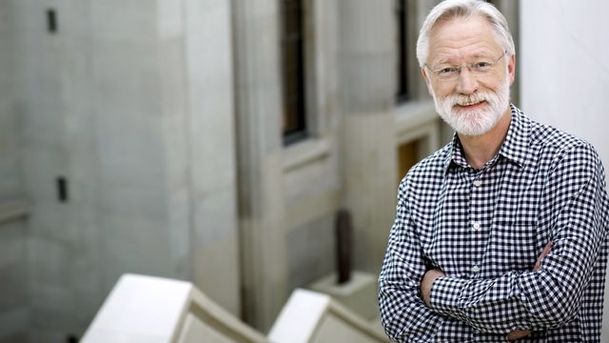Composer of the Week - Russian Opera - Episode 2

Donald Macleod continues his exploration of the rich tradition of Russian opera from Glinka to Schnittke with a look at Musorgsky and Tchaikovsky, the two late-19th-century titans whose work still forms the core of the repertoire. It's hard to imagine two more different musical personalities. Musorgsky was largely self-taught, a true musical radical whose credo was artistic 'truth'; Tchaikovsky, the product of a Western-oriented conservatoire training, was concerned less with truth than with beauty. Musorgsky worked on his opera Khovanshchina for nine years, leaving it unfinished on his death; Tchaikovsky wrote The Queen of Spades in 44 days of white-hot inspiration. Like many of his contemporaries, Tchaikovsky regarded Musorgsky's work as brilliant but flawed, but he nonetheless recognized a major talent, writing that Musorgsky "flaunts his illiteracy, takes pride in his ignorance, mucks along anyhow. Yet for all his ugliness, Musorgsky does speak to us in a new language. It may not be beautiful, but it is fresh." Musorgsky's masterpiece, Boris Godunov, is still fresh today. It's a disturbing and profoundly moving psychological study of a deeply troubled individual, played out against the broad canvas of the miserable plight of the oppressed masses and set to some of the most thrilling music ever written. Tchaikovsky's Eugene Onegin is likewise a psychological study - of a man who comes to regret the path his life has taken.